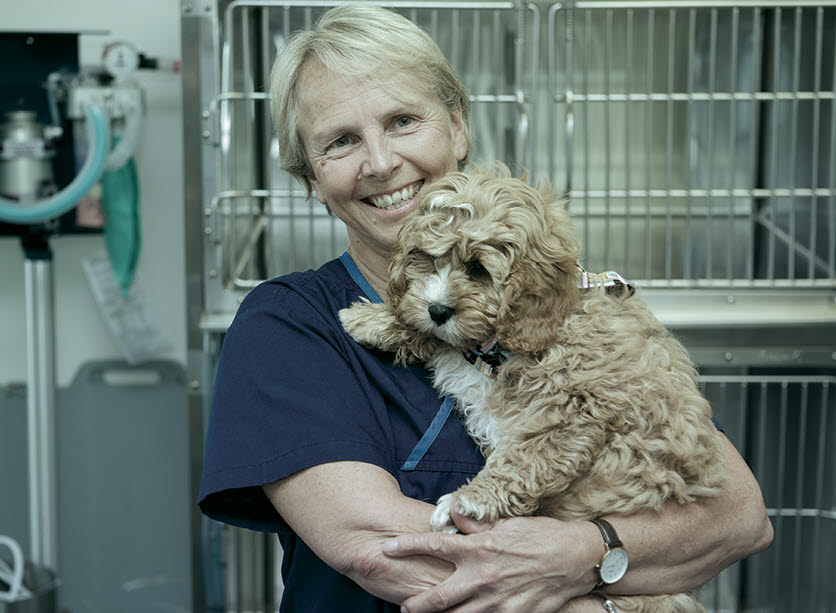
Any practice owner or manager will attest to the extremely challenging state our profession is in when it comes to recruiting and retaining clinicians. In the AVA's 2018 workforce survey, 38% of respondents said that it took three months to fill a vacancy, with almost a third (28%) finding that it took longer than a year.
Of course, this situation has a number of negative effects, not only on the financial bottom line but also on team morale and client engagement. Qualitative research undertaken in January 2019 by Onswitch, both in the UK and Australia, confirms the massive importance of emotional factors when clients choose, use and recommend a practice.
Pet owners take qualifications and equipment for granted - they assume these are pretty much the same at every practice and so do not factor them in when making decisions about where to take their beloved furbabies for healthcare.
Instead, they make choices based on how a practice feels. Whether the lady behind the reception desk recognises their dog and calls it by name as she fusses over him. Whether the nurse remembers that their cat doesn't like to be scratched behind her ears because sheís being treated for a painful skin condition. Whether the vet makes clear recommendations that are based on their pet's unique needs, lifestyle and history. In short, whether the client trusts the practice team to deliver the very best care for their pet.
Now trust isn't something you can buy, assume or attract overnight. It takes time and effort to build.
The development of trust is helped greatly by familiarity; seeing the same face each visit, knowing that the practice understands what's best for a client's pet because they know them as a name, a personality, and a unique individual. When a practice is forced to use locums and flexi-vets, by definition they are not around as often and so the client cannot build up this crucial relationship of trust. Which is where your brilliant vet nurses come in.
When everything else is in a state of flux, nurses are the glue that holds a practice together, providing experience and familiarity.
Most clients don't know or care who treated their pet when the care is excellent; all they know is that they want to experience the same thing again the next time they visit. They want to see and feel similar levels of warmth from everybody at the practice, from the front desk to the consult room. Without this, your reputation is damaged, even if the clinical care is impeccable and prices are low. When it comes to the customer experience, we can't think in terms of vets, nurses and receptionists; we need to embrace the concept of #OneVetTeam.
Developing a#OneVetTeam culture has profoundly positive effects on the wellbeing of the whole team and reflects onto clients and patients alike. Time, money and effort spent building the correct organisational structure to support and develop your team will reduce levels of personnel churn, create effective and motivated leaders and coaches, and increase employee engagement.
Focus not just on your vets, but on building a fully rounded team of skills and experience. Nurses have a key role to play in this, bonding the team together and strengthening client relationships through empathy and understanding.
The good news is that alongside the undeniable logic of utilising nurses to build a strong and vibrant #OneVetTeam, trends in the veterinary marketplace support the argument too. In a 2018 Skills Impact report, nurses were found to constitute 42% of the Veterinary Services workforce in Australia, with a further 9% growth projected by 2023. Which means that at a time when it's harder for the average practice to find and keep vets, more and more nurses are available, ready and willing to step up.
So what's stopping you?
Sources:
Australian veterinary workforce survey 2018
This article originally appeared in the September 2019 Australian Veterinary Journal.
